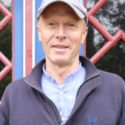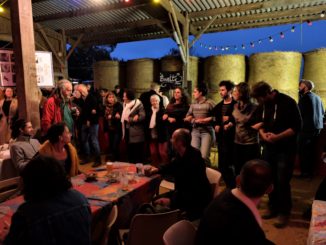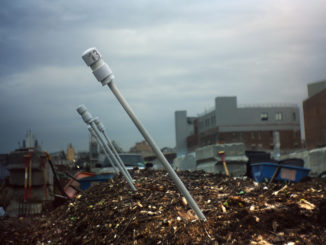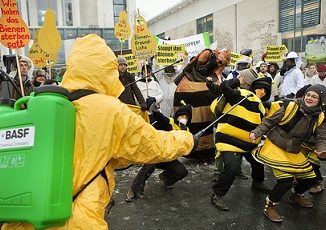Is farming for the birds? Like mountain farmers, some lowland farmers have trouble keeping economically afloat due to growing production costs, difficult market access, and the impact of climate change. Jan Gonne Thams is one of them. He lives on Pellworm island, in a remote and disadvantaged region of North Friesland, Germany. There, the increasing numbers of protected wild Geese which arrive in Pellworm have convinced the young farmer to change his farming practices, and to diversify his income stream. In conversation with Hannes Lorenzen.
Wild geese
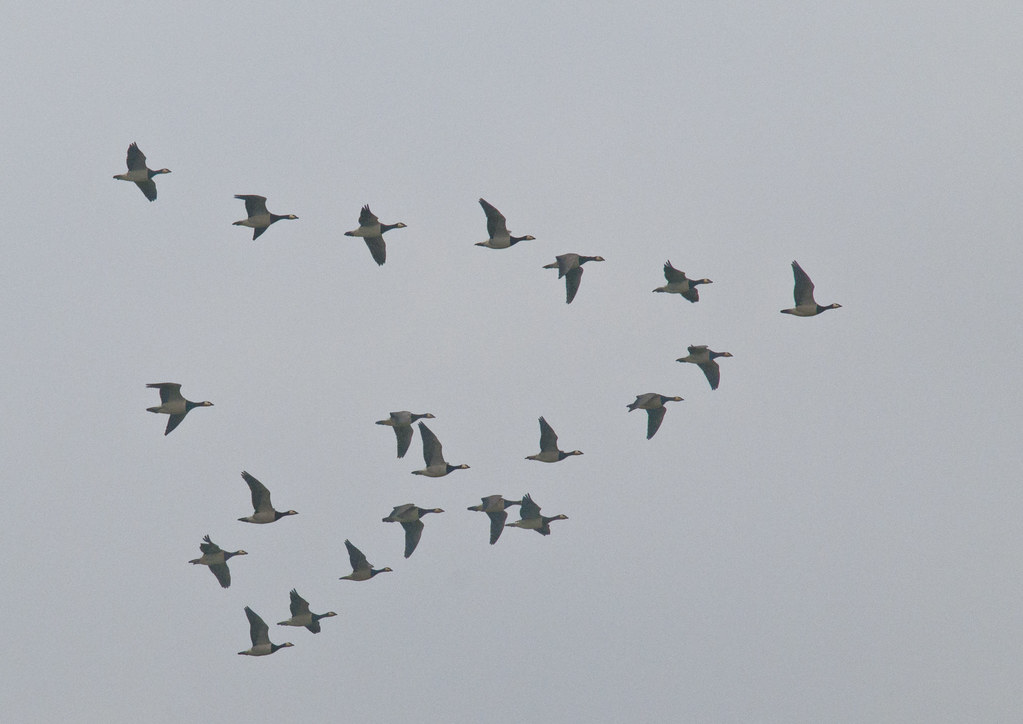
“Cereal crop production is fading out on our island because of the wild geese”, says Jan Gonne Thams, young farmer of 26 years, who recently took over a mixed farm from his parents.
“Between October and April, we often have a population of more than seventy thousands of migrant geese here – on just 37 km2 island surface. That is just too much. They graze off most of our winter crops, heavily damage the grass land and even summer cereals have a hard time to survive the dense presence of the migrant birds. Especially, the population of protected species has immensely grown. They migrant less far North with climate change and they enjoy the rich feed they find here.
He continues “we get some compensation for losses from the state, but it is frustrating to see the damage every year.”
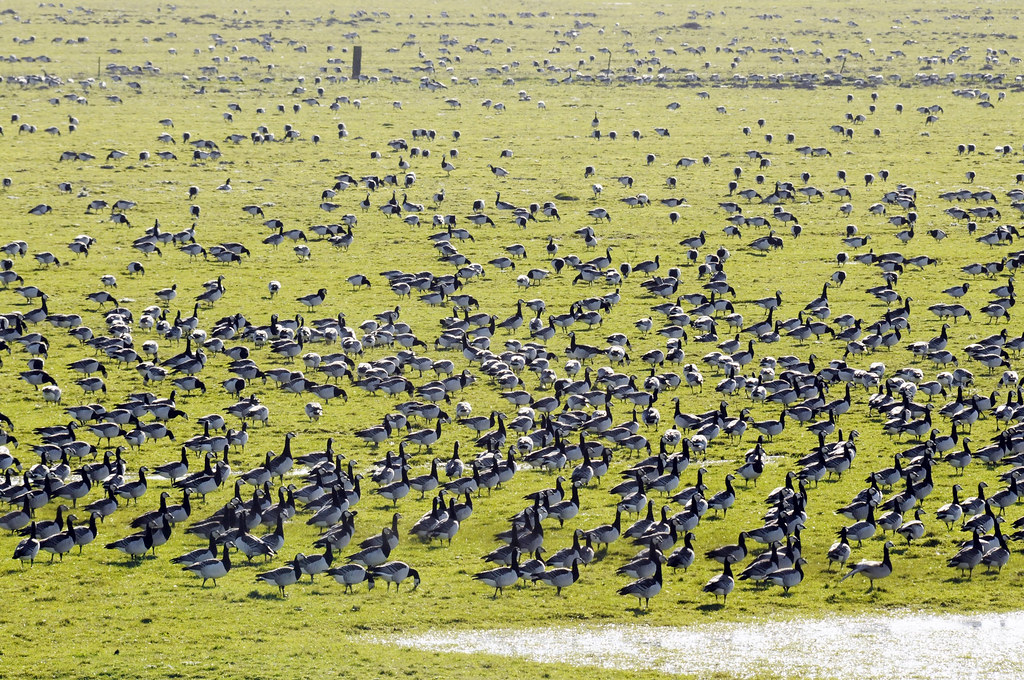
Only a few years after starting as young farmer on the island he has taken a decision. He minimizes work on the farm and now runs his farm shop full time with support of his family and neighbors.
A farm shop
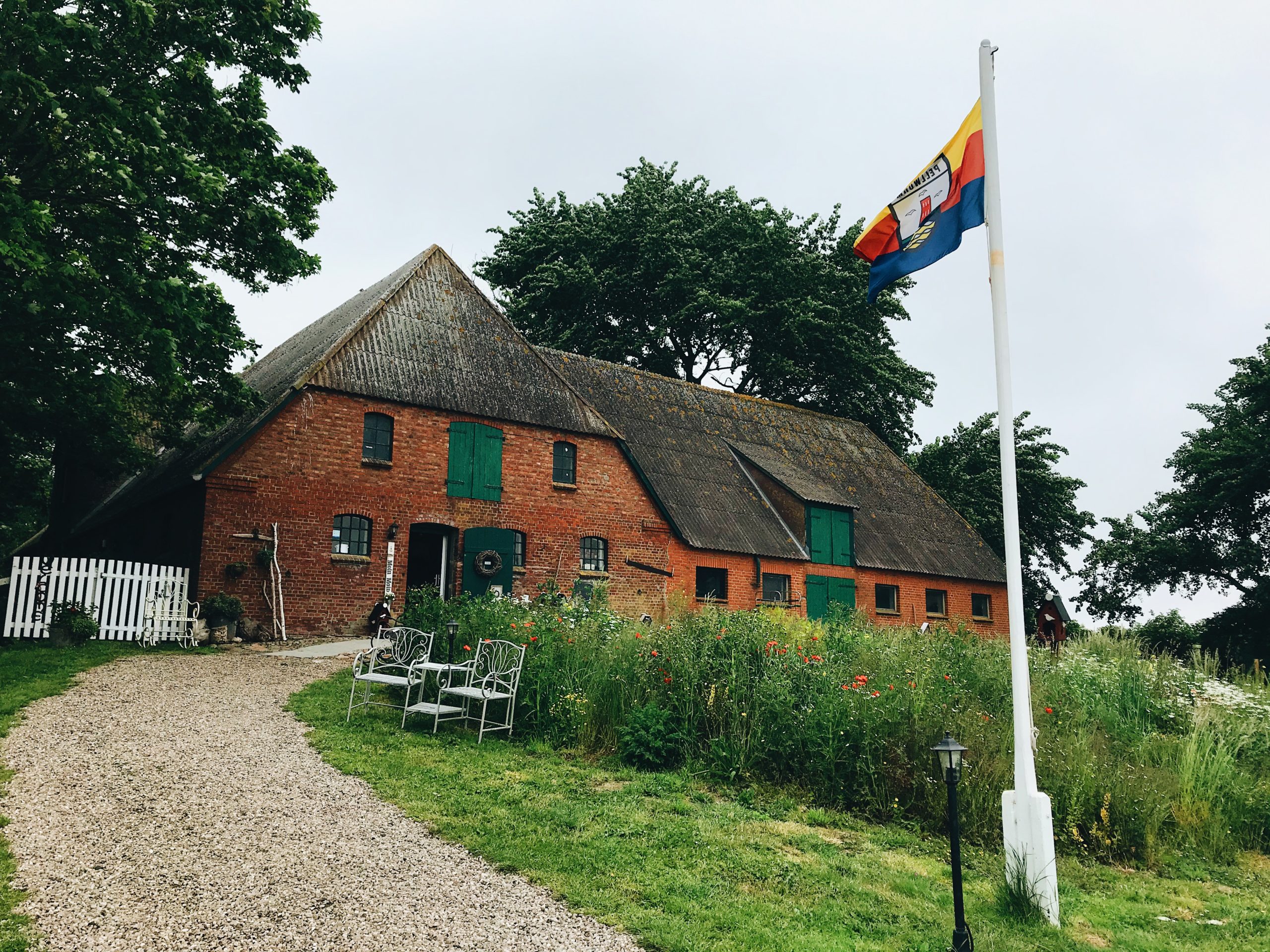
“When I took over the farm from my parents three years ago, my plans were to run it full time, mainly with cattle and cereal production. I then was very much focused on growth, I hired more land, I had more animals and grew more cereals. I also tried to produce organic seeds as a special product. But I soon saw that the farm did not offer a reliable income regarding my costs and risks”. Gonne Thams explains.
“Fortunately, I had also invested a lot of time setting up our farm shop offering our own products and specific island and regional food. We now have only one supermarket left on the island. It looked like an opportunity for additional income. It quickly turned out however, that income from the shop was much more stable and rewarding, also because the tourists looked for more local products. I soon found out that doing the splits between the farm work and the shop became too much for me. So, instead of investing in the farm I reduced machinery and land hire, and I have now stopped all cereal production. I still grow feed for the animals and raise ox and heifer cows extensively to be partly marketed in our shop.”
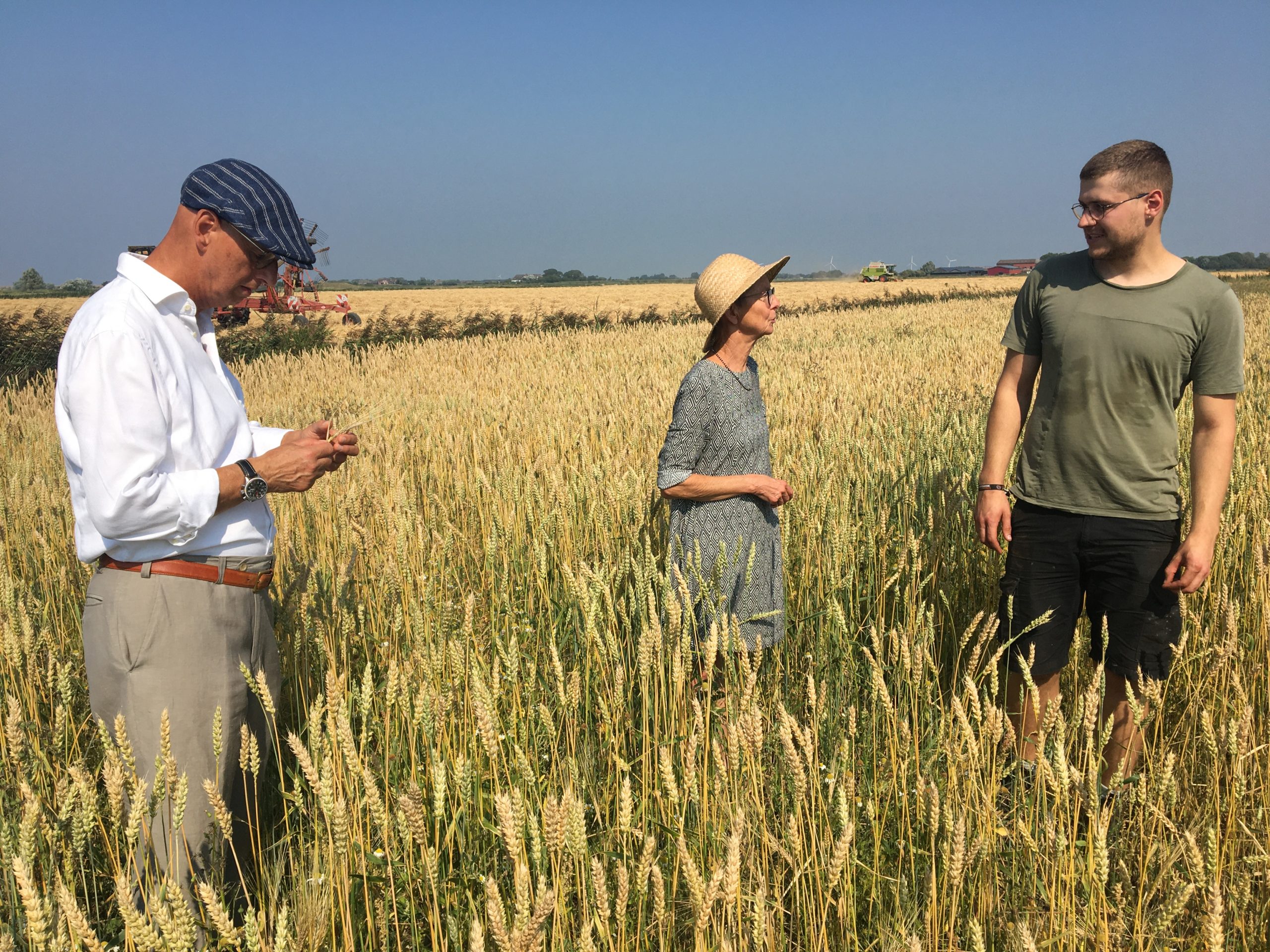
“It was amazing” he exudes. “The geese, extreme weather and steadily growing costs made me turn my priorities. The shop is now number one. We are five people working in it, including family and hired part time staff. So, we do not compete neither with the geese nor with the farmer neighbors. Maybe we were just lucky, and we took our chance.”
Green subsidies
Jan Gonne’s part time extensive farming on 50 hectares now relies on seven green and compensating subsidies, which come mainly from the EU: the basic hectare payment which all farmers get; the young farmers premium; compensation for farms in disadvantaged regions; a premium for organic farming; and one for protection of meadow birds meaning that mowing has to take place not earlier than June; a compensation for wild geese impact; and one for the preservation of biodiversity within permanent grassland. His farmed land is now down from 76 ha to 50 ha, and he has reduced costs for machinery and work to a minimum. If needed he hires farm services.
Tamed farming
The farm shop taking the lead on Jan Gonne’s farm could indeed be his lucky punch – if island tourism and the currently only alternative to the supermarket stay profitable. Pellworm is not a specifically touristic island at the German North Sea coast. Both farming and rural services related to tourism are struggling with high transport and building costs, personnel are missing for restaurants and tourist services and specific attractions like the Wadden Sea Nature Park and the recently awarded UNESCO Bioshere Reserve have not yet attracted more tourists.
Like on the continent, conventional as well as organic farms need more land if they want to compete with farms on the mainland to survive if they cannot specialize or directly market their products locally. But the island’s land ends at the dikes, so the smaller farms have disappeared, but the larger ones also come to their limits. Extensive organic farming, more permanent grassland could be the alternative – if the big bunch of subsidies survives the next CAP reform.
More protected areas and a much more integrative concept of island development could make a difference regarding climate change, environmental protection and tourism. So far this level of joined up thinking has not materialised.
Bottom-up climate change

Ernst August Thams, Jan Gonne’s father, sees change coming from another angle: “I can feel the change is coming quickly”, he says. He is the island’s Deichgraf, responsible for the good management of the islands dikes and the drainage system which evacuates the abundant brackish water from the fields. There is no sweet groundwater on Pellworm. Instead, North Sea saltwater infiltrates into the island from below.
Like most of the Netherlands the island lies below sea level. “Reet in the groves is having a hard time these days as the salt content increases from the brackwater pressing in from below. I believe farming in general will have a hard time in the future”, he reasons. Since a young woman – Sophie Backsen, from the island has challenged the German federal government at the national constitutional court for inaction on climate change – and won – Ernst has also become a well-known figure in public climate debate in Germany.
An organic joint venture on organic seeds ends
With Jan Gonne’s decision to focus on the shop, an experiment which I had initiated and co-financed, and which the organic cereal breeder Anders Borgen from Denmark had supported, came to an early end. Producing seeds for organic farming looked like a good opportunity of income as the organic sector needs these specific seeds to adapt to climate change.
Jan Gonne had been curious about this opportunity, but the losses due to wild geese population and extreme weather conditions – either long wet or very long dry periods – did not convince him to stay on board.
Nevertheless, we learned a lot about wild geese, their preferences and avoidance of places and crops, possibilities to keep them from the fields and ways to improve soil with mixed cover crops and crop rotation. It was worth investing into a common effort to cope with challenges of farming in a remote and disadvantaged region. We shared the ups and downs of the experiment, and we exchanged on best practice and risk management A young farmer and a senior farm policy advisor tried it out and had their lesson. It is recommended trying again. And it seems there is a new story to be told soon.
More
Catcher in the Rye: Breeding Diversity for Unpredictable Conditions



